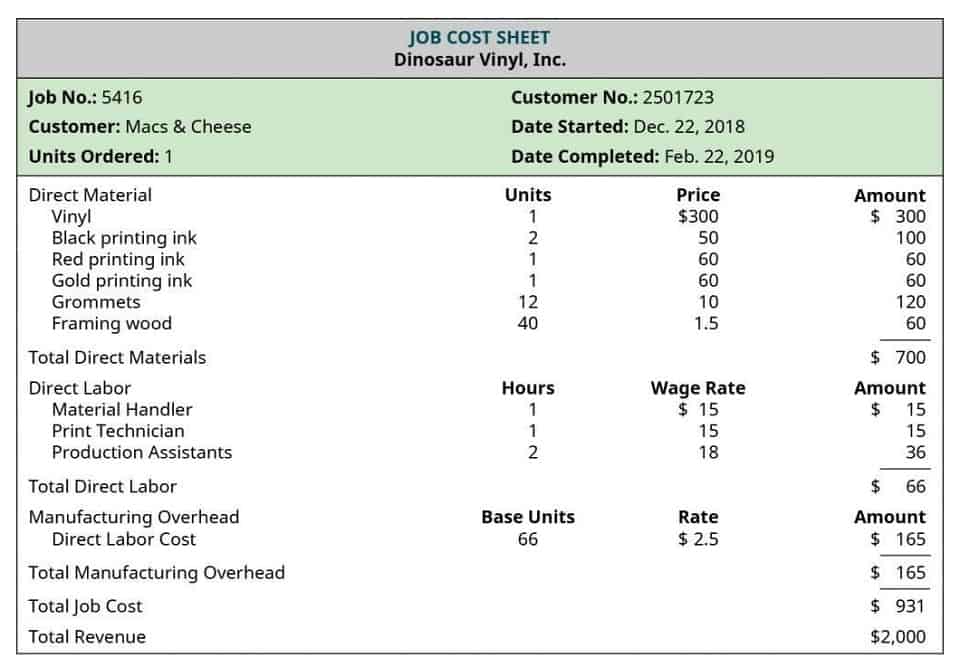
This amount is split between the employer and employee to 7.65 percent each. For an employee, this percentage is then defined further into a Social Security tax (6.2 percent) and a Medicare tax (1.45 percent). Gross pay (also known as gross salary) is the amount of compensation a company or organization pays an employee before any required or voluntary deductions take effect, per payment period. For example, if what is the relationship between gross pay and net pay an employer says, “I’ll pay you $60,000 a year with a $2,000 end-of-year bonus,” the employer agrees to pay $62,000 as an annual salary, or total gross wages. Jasmine, another employee, works several hours of overtime one month, expecting a significant bump in her take-home pay. While her gross pay for the month does reflect the extra hours, the increase in her net pay might not be as substantial as she hopes.
Any court-ordered garnishment is also subtracted from an employee’s gross pay. Simply put, net pay is whatever is leftover from an employee’s pay after all legally required and voluntary deductions are subtracted. If you haven’t already, you’ll quickly learn that there is a significant difference between the amount of money your employer pays you and the amount you get to take home at the end of the day.
How do I calculate gross pay from net pay?
And for those of you managing a team, knowing the ins and outs of this process is key to keeping everything running smoothly. Read through our ultimate guide to small-business payroll to make sure you’re all set legally and financially. Calculating net pay by hand or with a free paycheck calculator are the cheapest options. And since IRS penalties for miscalculating taxes run high, we strongly recommend using a paycheck calculator in combination with a free payroll template. SurePayroll is an affordable and straightforward payroll software that offers automatic payroll runs, tax filing, and exceptional customer service. In this article, we at the MarketWatch Guides team explain what you need to know about gross pay and net pay.
Are You Well-Paid? Compare Your Salary to the Average U.S. Income – The Motley Fool
Are You Well-Paid? Compare Your Salary to the Average U.S. Income.
Posted: Tue, 02 Apr 2024 07:00:00 GMT [source]
Read our imputed income guide for more information on pre- and post-tax deductions. There are a myriad of different payroll deductions you might find on a paycheck, and they’re all calculated in a different yet interconnected way. Just remember that while knowing gross pay is useful for certain things, it fails to take into account the value of the rest of your benefits package or the deductions from your paycheck. Then you’ll have to add your net pay from any other income sources, like a side hustle or your own business.
What Is the Difference Between Gross and Net Pay?
Blueprint does not include all companies, products or offers that may be available to you within the market. With this example, this would result in a gross monthly income of $2,080. In this article, we’ll teach you the difference between gross and net pay and how to calculate each one. For Social Security Tax, there is a cap on the amount that can be taxed.

Since hourly employees may work different hours every week, your calculations must reflect the fluctuations in hours logged, including any overtime pay and bonuses. It’s the money an employee earns before deductions, such as taxes, benefits, and retirement savings. Some of these deductions are mandated by law, while others are optional.
